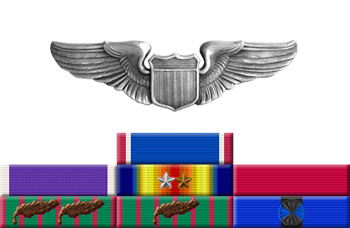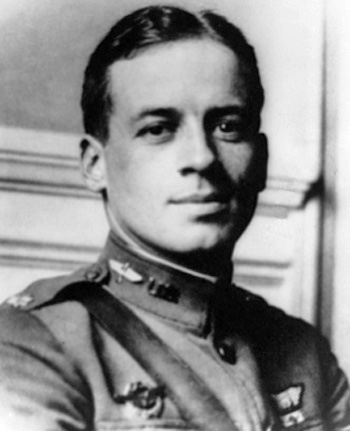
|
Charles J. Biddle |
 |
|||
| Rank, Service | ||||
Major O-4, U.S. Army Air Service |
||||
| Veteran of: | ||||
|
||||
| Tribute: | ||||
Charles Biddle was born on May 13, 1890, in Andalusia, Pennsylvania. After graduating from Princeton and then Harvard Law School, he worked as an attorney before joining the French Air Service on April 8, 1917. He was credited with destroying 1 enemy aircraft in aerial combat before transferring to the 103rd Aero Squadron in February 1918, having been commissioned as a Capt in the Aviation Section of the U.S. Army Signal Corps on November 7, 1917. Capt Biddle destroyed at least 1 enemy aircraft while flying with the 103rd Aero Squadron, and then took command of the 13th Pursuit Squadron in June 1918. He destroyed another 5 enemy aircraft with the 13th Pursuit Squadron, for a total of 7 confirmed destroyed and 1 unconfirmed in World War I. Maj Biddle took command of the 4th Pursuit Group in October 1918, and returned to the U.S. in December 1918, serving at Headquarters U.S. Army Air Service in Washington, D.C., before being discharged on January 25, 1919. After the war, he returned to his law practice and died on March 22, 1972. |
||||
|
||||

